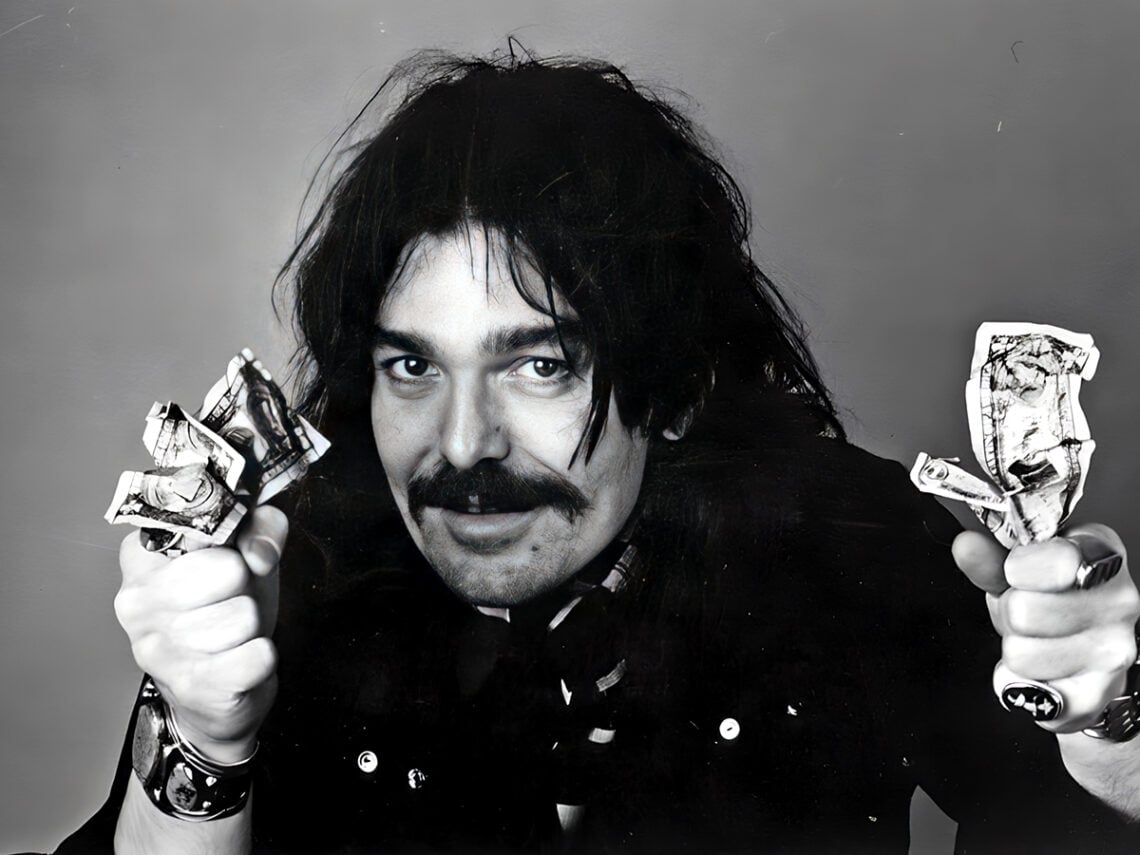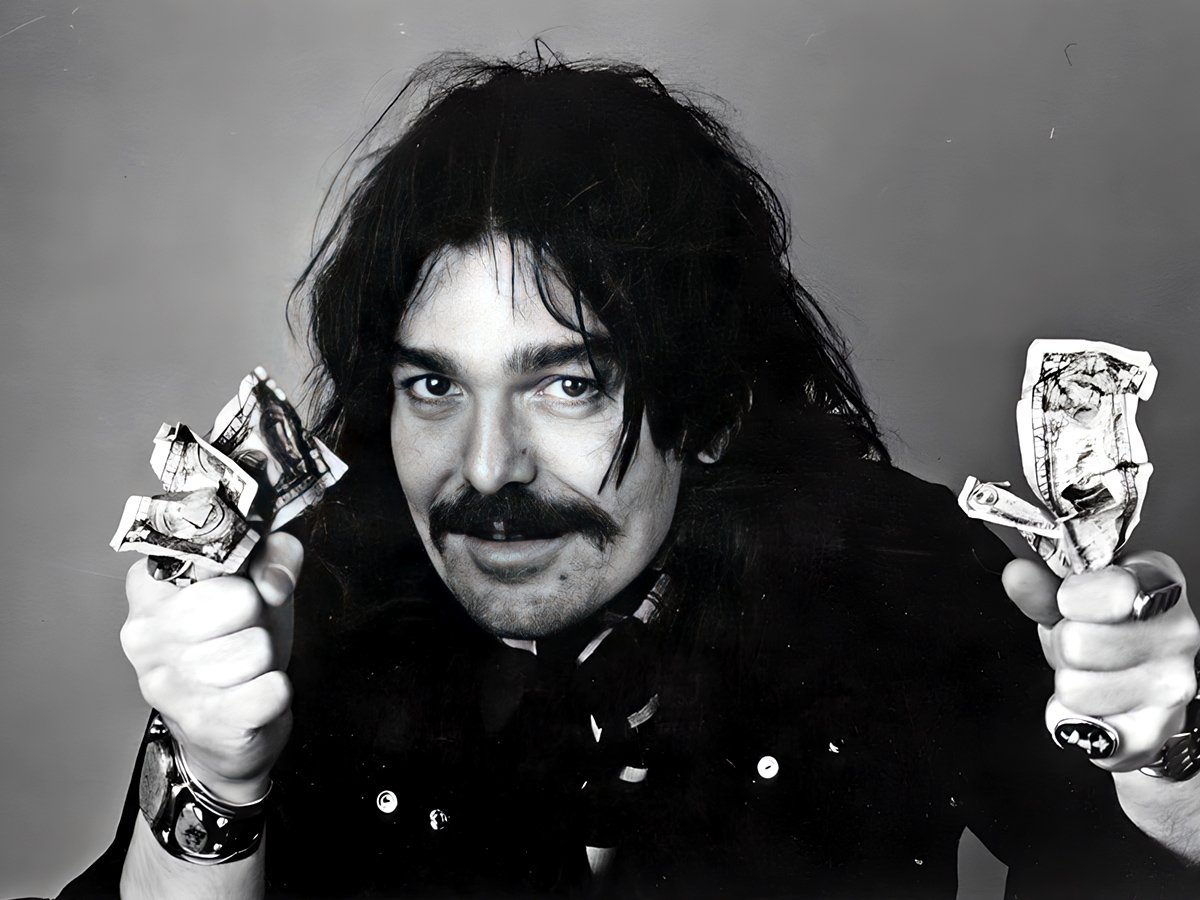
(Credits: Alamy)
Fri 13 June 2025 4:00, UK
Who are we to say who should influence whom? People become invested in music and various branches of art because of a variety of different reasons; if they don’t align with how you think they should be inspired, that doesn’t matter. There are some artists who seem to transcend opinion, though, and everyone within a certain genre has a connection to them somehow. In pop it’s The Beatles, in rock it’s Led Zeppelin, and in punk it’s Captain Beefheart.
The punk movement was built on a number of different things, but one of the main aspects was artists beginning to realise that they didn’t need to religiously put themselves in a box anymore. Music was so strictly genre-prone. Granted, you had some overlap, such as the Eagles, who blended country and rock, and Led Zeppelin, who took African music and incorporated it into their rock sound, but for the most part, artists fell into a specific category of music.
Eventually, artists grew tired of the labels and so decided to voluntarily operate outside of them. One of these artists was Captain Beefheart, who decided to make music that bordered on incomprehensible and became an obstacle course for listeners to get through. For some, it was unlistenable. For others, it was a revelation, as it represented the beginning of the rest of the world, a world that wasn’t bound by genre or commercialism.
Of course, for Captain Beefheart to make music so free-flowing and experimental, he needed to have the support of those around him. He was screwed over by the first label he worked with as they repurposed the music and sold it without him; however, this led him towards Frank Zappa, who allowed him to make the album Trout Mask Replica, completely untampered with and chaotic. There are very few artists who are able to put out an album with no compromises, and Captain Beefheart was one of them.
The sporadic nature of Captain Beefheart’s music was often a reflection of how he was feeling in a moment. He was prone to different moods and let them influence his creative vision. It was inspiring how he was able to take music and give it such personality; however, it also often threatened to jeopardise what he was working on. For instance, he wasn’t just making music; when he was in California, he was also working on an array of poems and an autobiography. One day, when feeling down about not being in a band and hating living in LA, he set them all alight.
“Don freaked out and burned all his manuscript books,” said Gail Zappa. Frank’s wife had picked up a writer and her husband to bring them back to the house for an interview. “He was over the house earlier and seemed very depressed about not having a band and everything.”
Fahrenheit 45 hold on, though, the books were salvaged as copies had been made. The originals were no more, but the writing of Captain Beefheart was saved thanks to how prepared people were for the possibility that he might destroy what he was working on. The lack of worry was clear in Frank Zappa’s response, as upon hearing all this hard work had been destroyed, his response was as calm and cool as he was: “Oh brother!”
Related Topics
The Far Out Music Newsletter
All the latest music news from the independant voice of culture.
Straight to your inbox.
